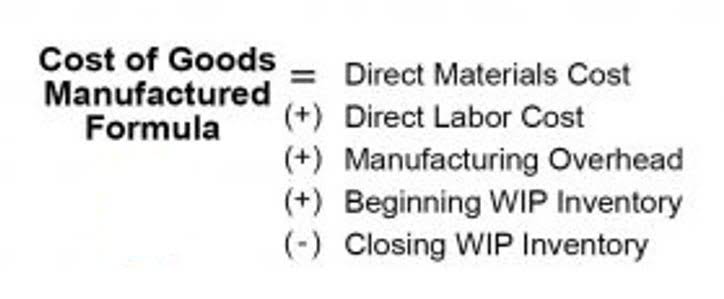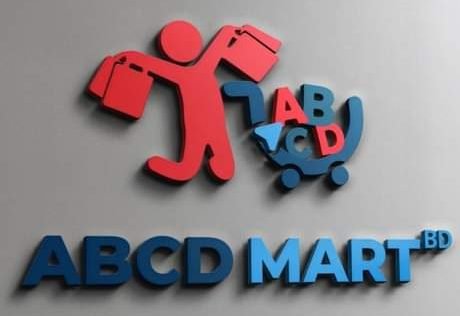- You have no items in your shopping cart
- Continue Shopping

For example, the following journal entry shows an initial payment of $12,000 for one year of insurance, which is recorded as an asset. From a financial accounting perspective, prepaid insurance is considered a prepayment. Recorded as a current asset on the balance sheet, it is progressively accounted for on the income statement as expenses, reflecting the utilization of insurance coverage in each accounting period. This method makes sure that the expenses match the revenues related to them, following the matching principle in accounting. As they offer future economic benefits for businesses, prepaid insurance is considered a current asset.
What is Prepaid Insurance: Benefits and Examples
Like all financial products, prepaid insurance has both advantages and disadvantages to consider. Some insurers prefer that insured parties pay on a prepaid schedule such as auto or medical insurance. The premium covers twelve months from 1 September 2019 to 31 August 2020, i.e., four months of 2019 and eight months of 2020. It would be incorrect to charge the whole $4,800 to 2019’s profit and loss account. Our writing and editorial staff are a team of experts holding advanced financial designations and have written for most major financial media publications.

Prepaid Assets
However, once you make the premium payment, the policy’s coverage becomes an asset, which diminishes over time during Law Firm Accounts Receivable Management the coverage period. It reflects a future economic advantage for the insured party by providing protection against potential losses or obligations. Prepaid insurance is first recorded as an asset on the balance sheet because the coverage is for a future point in time.

How long can prepaid expenses be reported as an asset?
It is included under prepaid expenses with other pre-paid items like prepaid rent, prepaid taxes, and prepaid utilities. These are the type of expenses paid in advance but that have not been incurred or used. For example, if a company pays $12,000 for an annual insurance coverage, their monthly prepaid insurance expense is $1,000 ($12,000/12 months).
Prepaid Assets FAQs
- For instance, you might pay $1.50 each day you drive plus $0.06 per mile.
- A business may gain from prepaid expenses by avoiding the need to make payments for upcoming accounting periods.
- Without prepaid insurance, you would have to bear the full financial burden of repairing or replacing the machinery.
- For information pertaining to the registration status of 11 Financial, please contact the state securities regulators for those states in which 11 Financial maintains a registration filing.
- Prepaid Insurance is the insurance premium paid by a company in an accounting period that didn’t expire in the same accounting period.
- That’s because most prepaid assets are consumed within a few months of being recorded.
This means that the debit balance in prepaid insurance on December 31 will be $2,000. This translates to fivemonths of insurance that has not yet expired times $400 per month or five-sixthsof the $2,400 insurance premium cost. Because they represent a future benefit owed to the company, companies list unearned revenue prepaid expenses first on the balance sheet in the prepaid asset account. Because companies anticipate them to be consumed, employed, or spent through regular business activities within a year. Prepaid insurance for businesses is very valuable in terms of providing financial stability, budgeting accuracy, and risk mitigation.

When you purchase prepaid insurance prepaid insurance, you essentially pay the premium upfront instead of making monthly or periodic payments. This arrangement ensures that you have coverage for the specified period, regardless of any changes in the insurance market or your financial situation. The insurance company is legally bound to provide the coverage outlined in your policy during the prepaid period. Passing adjustment entries to balance the books of accounts is often helpful, preventing one from making an entry for new business transactions.
Take self-paced courses to master the fundamentals of finance and connect with like-minded individuals. Ask a question about your financial situation providing as much detail as possible. Finance Strategists has an advertising relationship with some of the companies included on this website. We may earn a commission when you click on a link or make a purchase through the links on our site. All of our content is based on objective analysis, and the opinions are our own.
